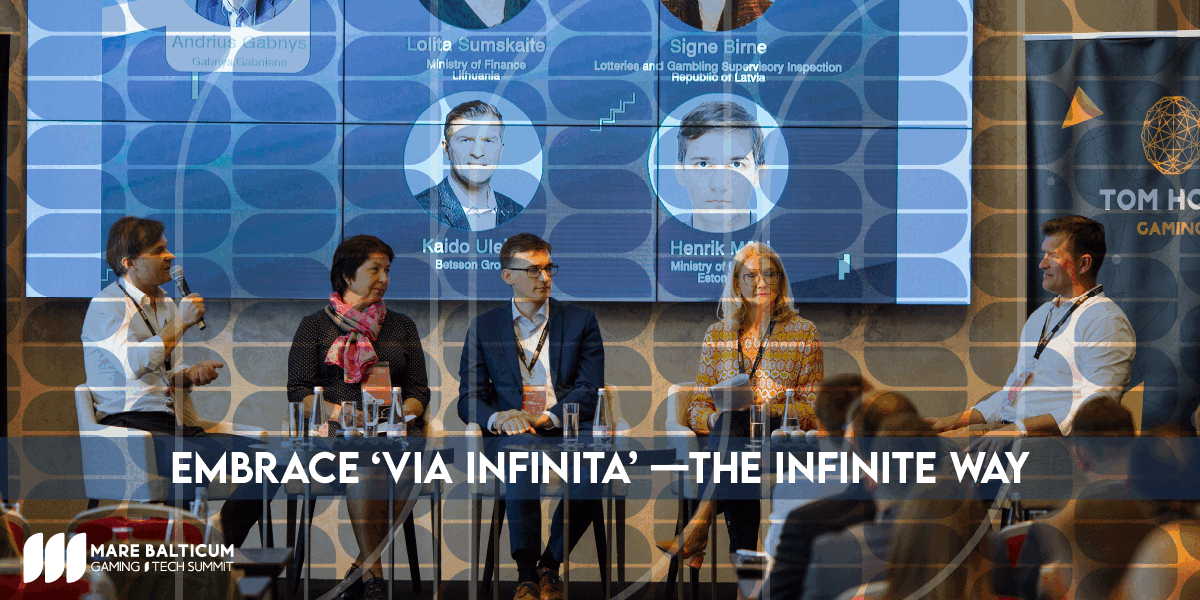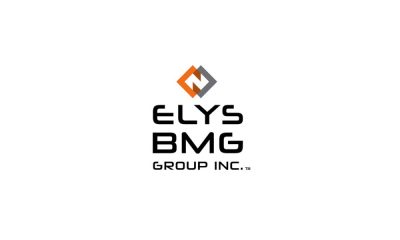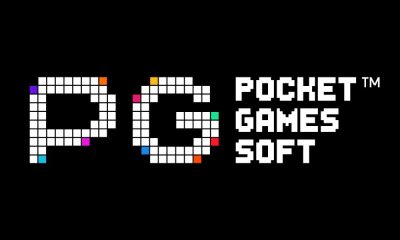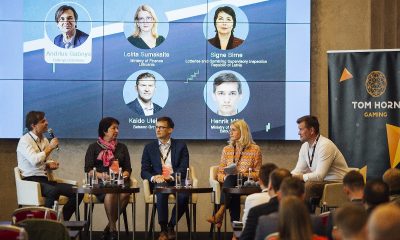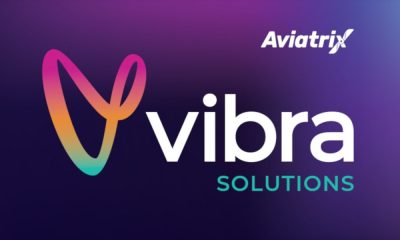Central Europe
SAZKA Group H1 and Q2 2020 Results and Update on Current Trading
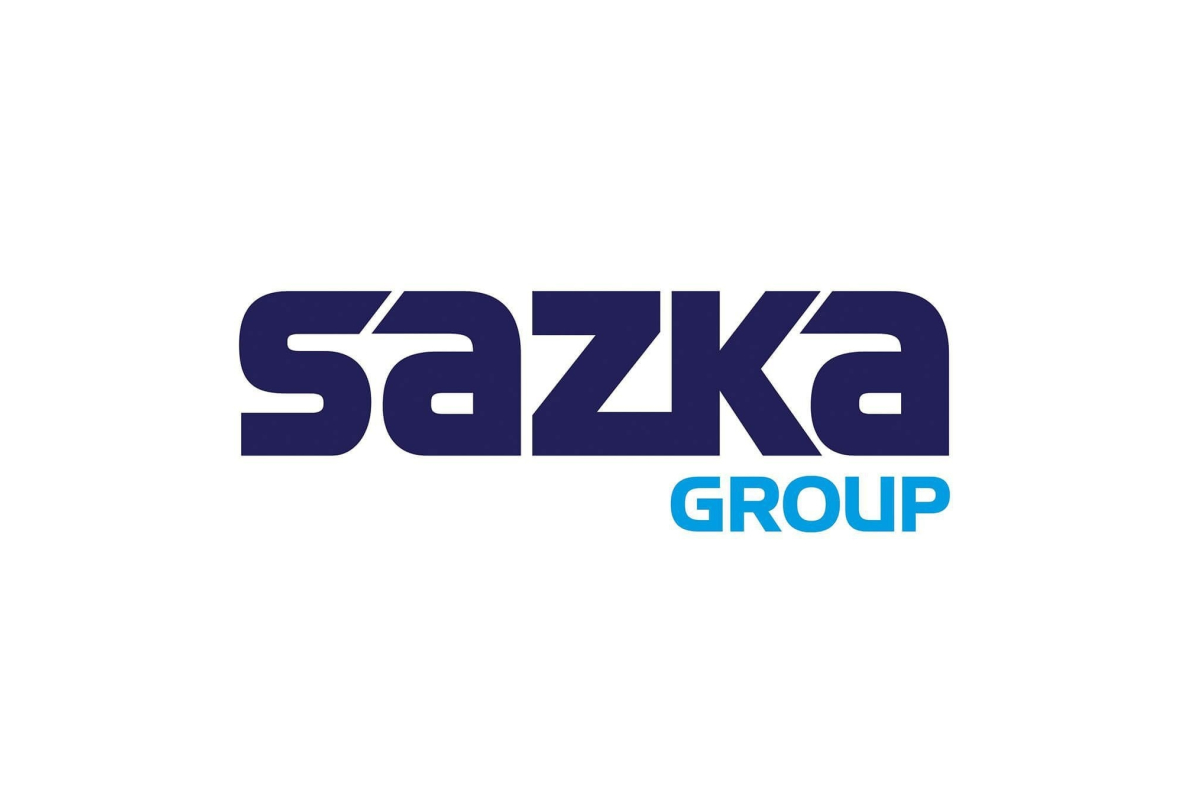
SAZKA Group a.s. (“SAZKA Group” or the “Company”, and together with its subsidiaries and associates the “Group”) announces its financial results for the six months to 30 June 2020 and provides an update on current trading.
H1 2020 Financial highlights
- Consolidated gross gaming revenues decreased by 28% to €652 million (H1 2019: €909 million), primarily as a result of the impact of COVID-19 on land-based sales.
- Consolidated Operating EBITDA[1] decreased by 42% to €167 million (H1 2019: €287 million).
- Consolidated Adjusted EBITDA, which excludes certain one-off items, decreased by 41% to €168 million (H1 2019: €286 million).
- Consolidated profit after tax from continuing operations decreased by 90% to €42 million (H1 2019: €145 million).
Pro-rata LTM H1 2020 highlights[2]
- Pro-rata LTM Adjusted EBITDA was €379 million.
- Pro-rata net debt / Adjusted EBITDA was 3.2x and Pro-rata priority net debt / Adjusted EBITDA was 0.5x at 30 June 2020.
Key strategic initiatives
- In June, we acquired the 17.19% stake in CASAG previously held by Novomatic. As a result, SAZKA Group’s shareholding is now 55.48% and CASAG has been fully consolidated as a subsidiary from 26 June.
- In July, the Supervisory Board of CASAG approved a plan to optimise the cost structure of the casino business in Austria.
- In July, OPAP acquired an additional 51% stake in Stoiximan Group’s Greek and Cypriot business, as a result of which it now holds a 69% stake.
Trading update
- Most restrictions to which our businesses were subject as a result of COVID-19 were lifted by June and the businesses which were impacted by COVID-19 have recovered well.
- Land-based sales of most products in most geographies are approaching, or in some cases exceeding, sales during the same period last year.
- Online sales, which increased significantly in the Czech Republic, Austria and Greece during the period most directly impacted by COVID-19, have continued to perform strongly.
Powered by WPeMatico
Central Europe
Apparat Gaming and edict egaming announce partnership
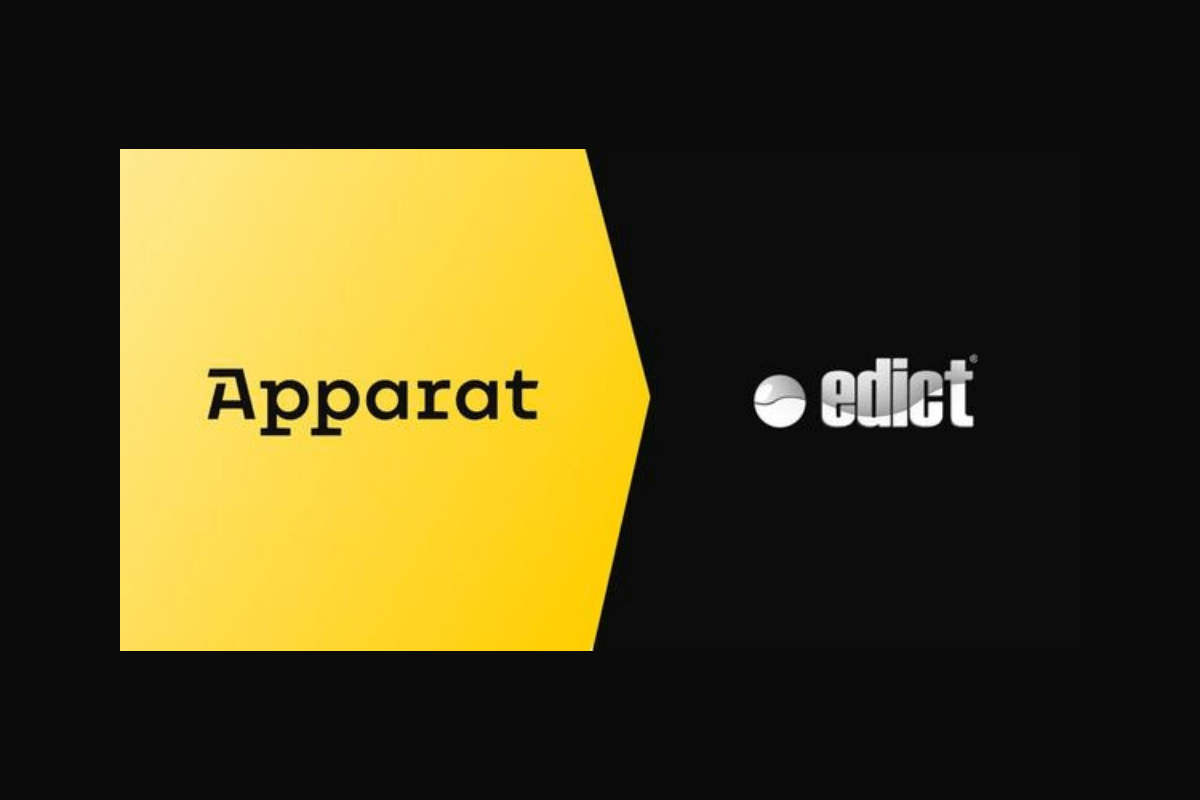
Leading German software provider teams up with Hamburg-born aggregator to make full suite of slots available to customers in regulated markets worldwide
With immediate effect, German iGaming-business Apparat Gaming is teaming up with fellow Hamburg-founded company edict egaming. The former, having forged a reputation for providing premium casino content with a German accent, has thus joined forces with one of the country’s top aggregators in edict, one of the Merkur Group’s subsidiaries.
As a result of the deal, Apparat Gaming’s ever-expanding portfolio of 30+ quality slots, including recent releases like the high-octane Autobahn Alarm and the hotly-anticipated Fishin’ the Biggest, will be joining edict’s already widespread line-up of over 200 titles – making them now available to all operators who choose edict for their game aggregation needs.
This collaboration will give customers access to an even more diverse selection of games, all of which are fully compliant with the latest German regulation and certified for release in multiple markets.
Founded in 1998, edict was one of the industry’s pioneering online casino service providers before it was acquired by the Merkur Group a decade later. In 2021, the company added an aggregator solution to its offering, and it has been steadily developing this product ever since to a point where it now supplies content to over 150 operators and starts 8.5+ billion games per year.
Specialising in engaging titles that are supplied by some of Germany’s most popular studios, Apparat Gaming’s releases will certainly look right at home among the aggregator’s prestigious game portfolio – and both parties are already looking forward to a highly successful collaboration.
Martin Frindt, Co-Founder and Chief Product Officer at Apparat Gaming, said: “Given Apparat Gaming’s German roots, we’re delighted to be teaming up with a Hamburg-born business-like edict. Adding our titles to their line-up will give operators access to our over 30 top slots that all come with our signature German accent, and we can’t wait to hear how they’re received by customers.”
Dominic-Daniel Lienard CEO at edict, said: “Since launching our aggregator solution, edict has compiled a stellar portfolio of releases from some of the top developers in Germany and beyond – and adding Apparat Gaming titles will strengthen this roster further. With great graphics, unique themes, and innovative bonus features, we’re sure their slots will be a huge hit with our operators.”
The post Apparat Gaming and edict egaming announce partnership appeared first on European Gaming Industry News.
Central Europe
Wazdan amplifies Swiss presence with Swiss4Win launch
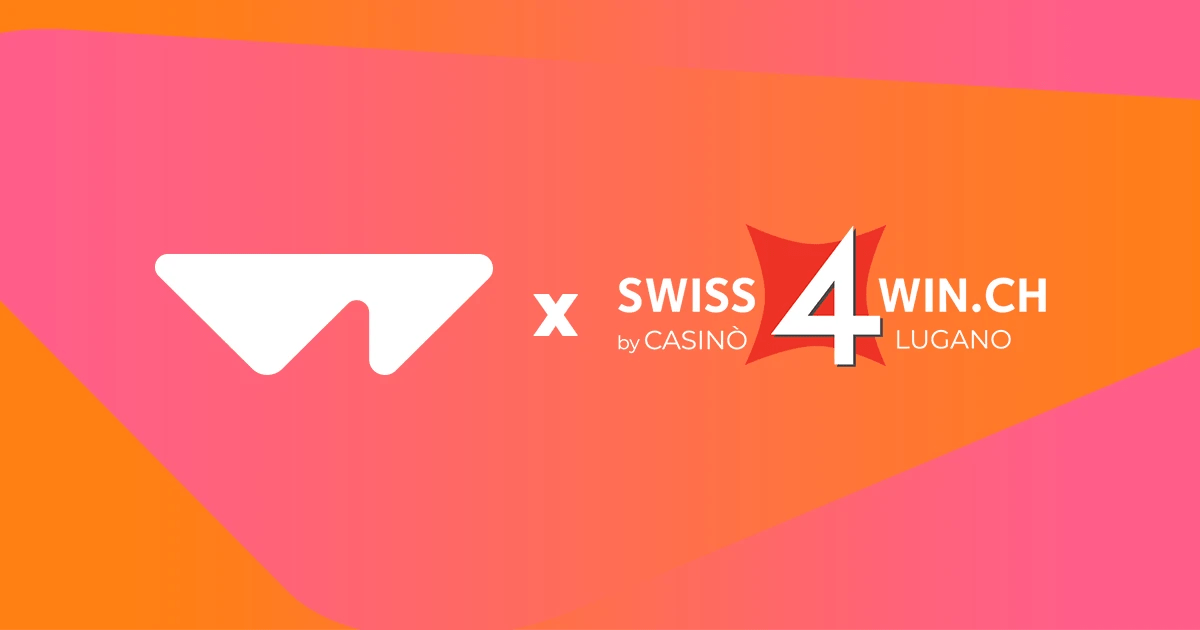
Wazdan, the gain-focused developer behind some of the world’s most rewarding casino game experiences has further expanded in the regulated Swiss market, taking its games live with Swiss4Win.
The collaboration enhances Wazdan’s profile in the country with Swiss4Win’s leading online gambling platform revolutionising player experiences with the introduction of the studio’s exciting range of games.
As Wazdan continues to deliver the world’s most rewarding casino game experiences, this new partnership heralds a new era of entertainment. Players can look forward to a diverse selection of captivating slots designed to appeal to Swiss players.
In conjunction with this partnership, Swiss4Win unveils its new website, meticulously crafted to enhance user engagement. The platform boasts a cutting-edge SEO-oriented design, complemented by a sleek dark mode interface. With a heightened focus on slot providers, the website features a dedicated page showcasing premier gaming offerings.
Radka Bacheva, Head of Sales and Business Development at Wazdan, said: “We’re excited to join forces with swiss4win.ch to introduce our latest games to players worldwide. This collaboration represents a shared commitment to innovation and excellence in the iGaming industry.”
Paolo Sanvido, Chief Executive Officer at Casino Lugano and Swiss4Win, added: “Wazdan’s distinguished reputation stems from its exceptional graphics and innovative features, which have resonated with players globally. Its dedication to crafting enriching casino experiences offers players greater control over their gaming preferences and seamlessly aligns with our audience’s interests.”
The post Wazdan amplifies Swiss presence with Swiss4Win launch appeared first on European Gaming Industry News.
Central Europe
Aleatrust Signs Up as Supporting Member of the Austrian Sports Betting Association

The Austrian Sports Betting Association (OSWV) has welcomed Aleatrust as a new supporting member on board.
Above all, the comprehensive training offered by the E-Casino Academy launched by Aleatrust, which also focuses on the needs of the sports betting industry, is an important asset that will also be available to OSWV members from now on. Central topics such as money laundering prevention, data protection, data security and compliance, including anti-corruption, whistleblower protection and code of conduct, are of central importance here and are comprehensively covered by the E-Casino Academy.
Sharif Shoukry, Managing Director of OSWV, said: “The new active supporting membership of Aleatrust is an important step forward for the OSWV and its members. It provides access to tailor-made training that is specifically tailored to the requirements and challenges of our industry. We are convinced that this cooperation will make a significant contribution to professionalization and security in the Austrian sports betting market.”
A significant benefit of the partnership is the availability of their training programs online, allowing OSWV members to access essential knowledge anytime and anywhere. This flexible learning environment offers an optimal solution to meet the need for continuous education and training without relying on traditional, time- and location-bound training formats. This type of training not only saves valuable resources, but also allows for consistent and high-quality training of employees, regardless of their individual schedules or the location of the company.
“To be accepted into the circle of supporting members of the OSWV is a great recognition for Aleatrust. It confirms our commitment and expertise in developing and delivering world-class training programs that are specifically tailored to the gambling and sports betting industry,” Niklas Sattler, Managing Director of Alatrust, said.
Particularly noteworthy is the specialised course on money laundering prevention, developed in collaboration with the renowned expert Dr. Elena Scherschneva. Given their extensive experience and recognized expertise in training employees of numerous sportsbooks, the availability of this course online represents a unique opportunity for members to benefit from the highest level of expertise. This underscores the OSWV’s commitment not only to strengthen the industry in terms of compliance and security, but also to promote a responsible and honest betting environment.
The post Aleatrust Signs Up as Supporting Member of the Austrian Sports Betting Association appeared first on European Gaming Industry News.
-

 Central Europe7 days ago
Central Europe7 days agoAleatrust Signs Up as Supporting Member of the Austrian Sports Betting Association
-

 Latest News6 days ago
Latest News6 days agoWeek 16/2024 slot games releases
-

 Central Europe7 days ago
Central Europe7 days agoWazdan amplifies Swiss presence with Swiss4Win launch
-

 Compliance Updates7 days ago
Compliance Updates7 days agoElys BMG Group Announces Approval for The Ugly Mug Sportsbook in Washington, DC.
-

 Brazil6 days ago
Brazil6 days agoPG Soft Set to Sponsor Key SiGMA Americas Event
-

 Amusnet7 days ago
Amusnet7 days agoAmusnet Brings Up its Excellence at SiGMA Americas
-

 Baltics4 days ago
Baltics4 days agoMARE BALTICUM Gaming & TECH Summit Announces Final Agenda for 2024 Event
-

 Aviatrix6 days ago
Aviatrix6 days agoAviatrix and Vibra Solutions Agree Partnership with Focus on Latin America

